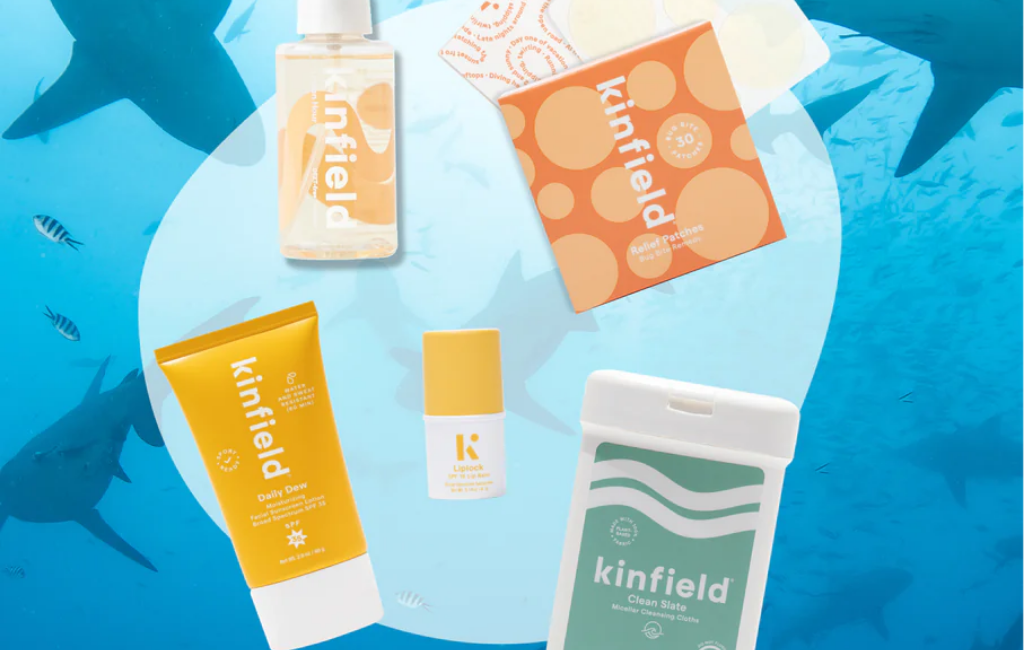Metric Mate – Fitness Device
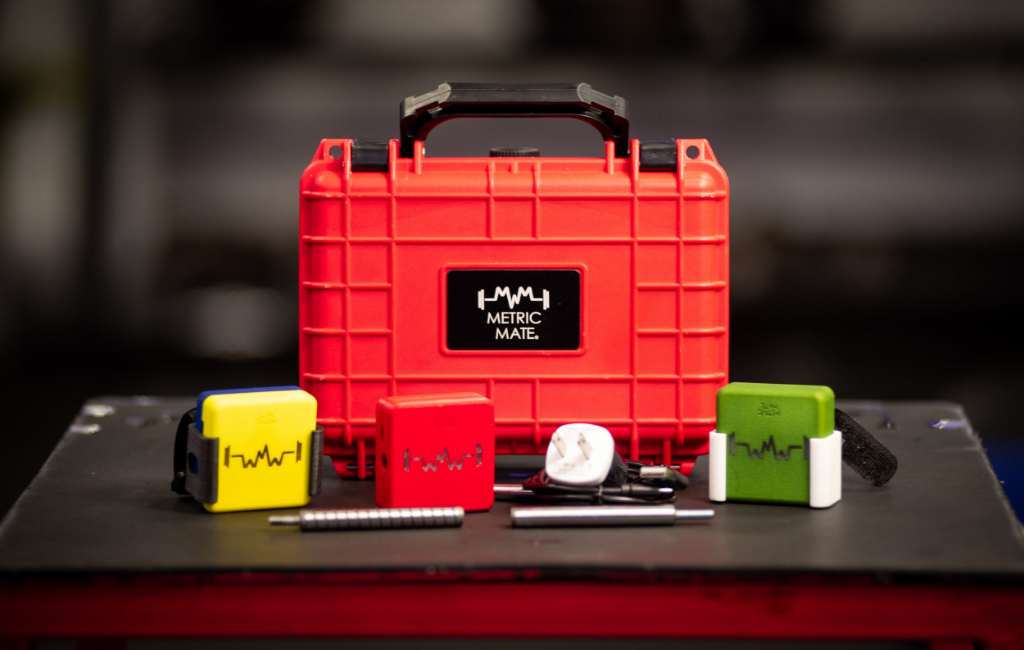
NO DEAL
EPISODE SUMMARY
🕓 Air Date: January 13, 2023
Asking For:
$100,000 for 5%
Investor:
No Deal
Deal:
No Deal
PRODUCT SUMMARY
Metric Mate is a patented platform that turns any gym equipment into smart equipment, tracking workouts, providing metrics, and promoting healthier lifestyles.
WATCH HERE
IN A RUSH?
Click these to jump to the section you want to read.
Background Story
Metric Mate, a company based in Atlanta, Georgia, entered the Shark Tank seeking a $100,000 investment in exchange for a 5% equity stake. The team behind Metric Mate consisted of MT, Braxton, and Ecleamus. The idea for their product was born out of a need for a more efficient way to track workouts. Before Metric Mate, Braxton was using a pen and paper to record his exercise routines, a method that seemed outdated and cumbersome. Their frustration with the lack of advanced tracking options for gym-goers led them to create Metric Mate.
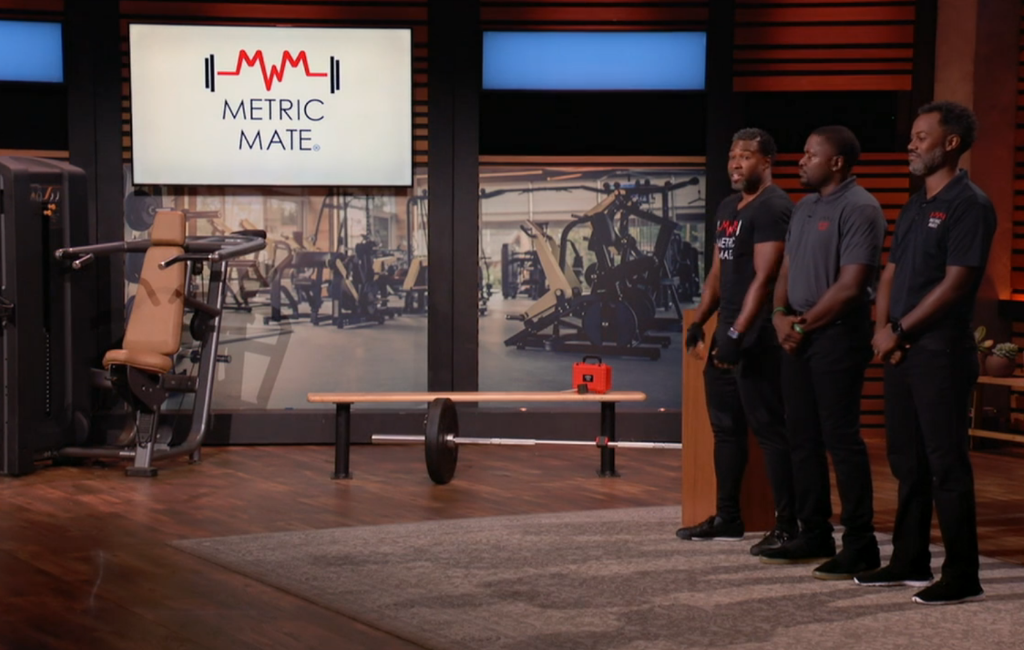
The founders, who collectively held eight degrees and possessed over 15 years of experience in software, manufacturing, and supply chain management, were well-equipped to tackle this problem. They had even secured utility patents for their technology, demonstrating their dedication to the project.
The Product
Metric Mate’s product was designed to simplify and enhance the workout experience for users. It included a device that could be attached to gym equipment, such as weight machines, and a mobile app that worked in conjunction with this device.
The device used sensors to track the user’s workout, collecting data on reps, sets, tempo, and range of motion. It ensured that exercises were performed correctly, providing accurate feedback to users.
The mobile app displayed this information in real-time, allowing users to monitor their progress during the workout. Metric Mate aimed to cater to a broad audience, from fitness enthusiasts to casual gym-goers.
While their initial focus was on partnering with personal trainers and gyms, they also planned to make the product available to consumers. Preorders for consumers were already available at a price of $199 per unit, with plans to retail at the same price.
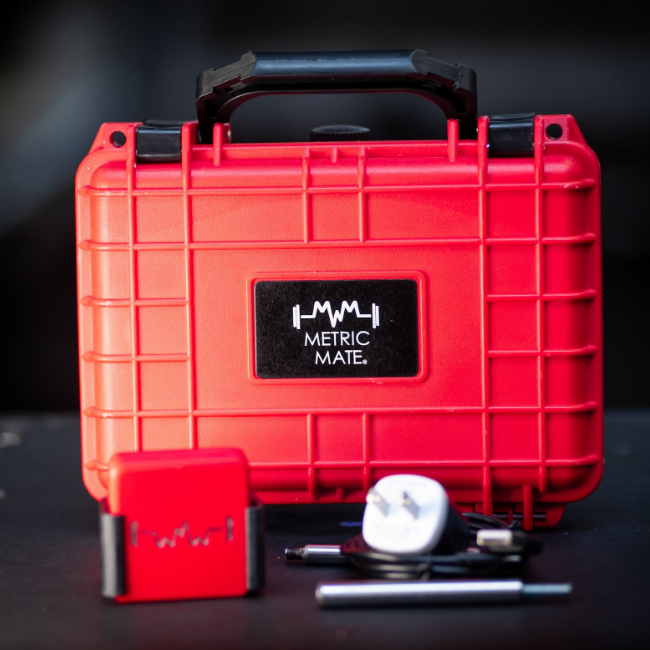
How It Went
The company’s position before Shark Tank
At the time of their Shark Tank pitch, Metric Mate had already sold five of their devices to personal trainers and gyms. Their main challenge was securing the necessary funding to scale the business and make the product available directly to consumers. They had plans to use the $100,000 investment to expand their operations and improve their product.
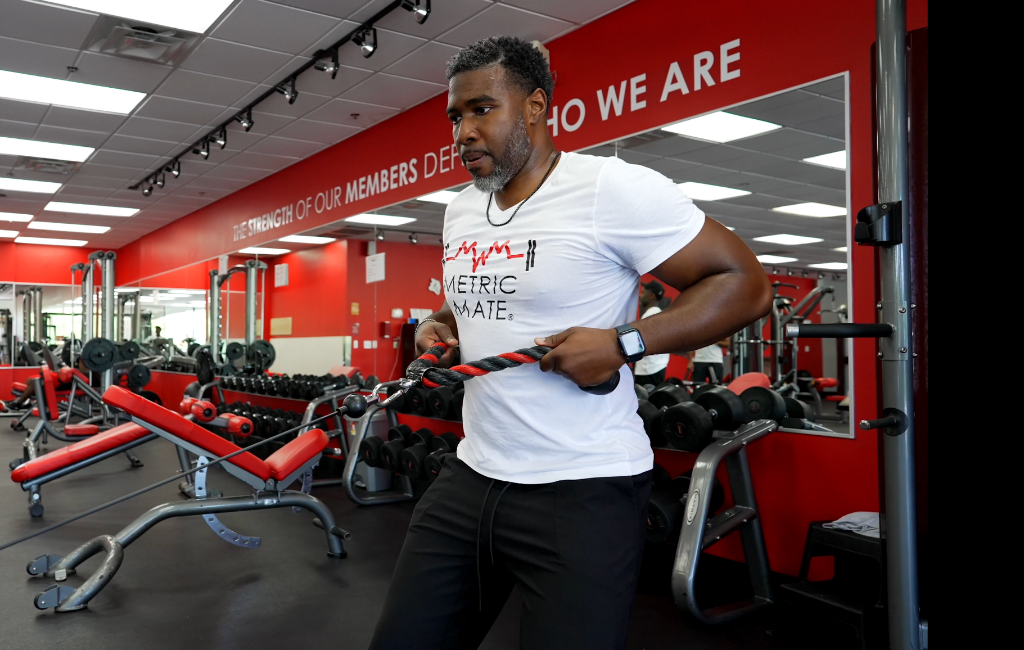
The company had shown impressive dedication and had acquired utility patents for their technology. However, they were facing a roadblock in terms of government certifications that were required for consumer sales. These certifications represented a substantial cost, between $150,000 and $200,000, and were preventing Metric Mate from selling directly to consumers.

Their main focus was on the B2B2C model, working with gyms and personal trainers to help users access the technology. They emphasized their unique data collection approach, integrating biometrics to provide a holistic picture of users’ workouts.
The Negotiations:
The Sharks showed interest in the product, but concerns were raised about the focus on analytics and the difficulty in handling biometric data. Several Sharks, including Mark Cuban, suggested focusing on consumers rather than personal trainers. Kevin O’Leary made an offer, offering the requested $100,000 but for a 25% equity stake.
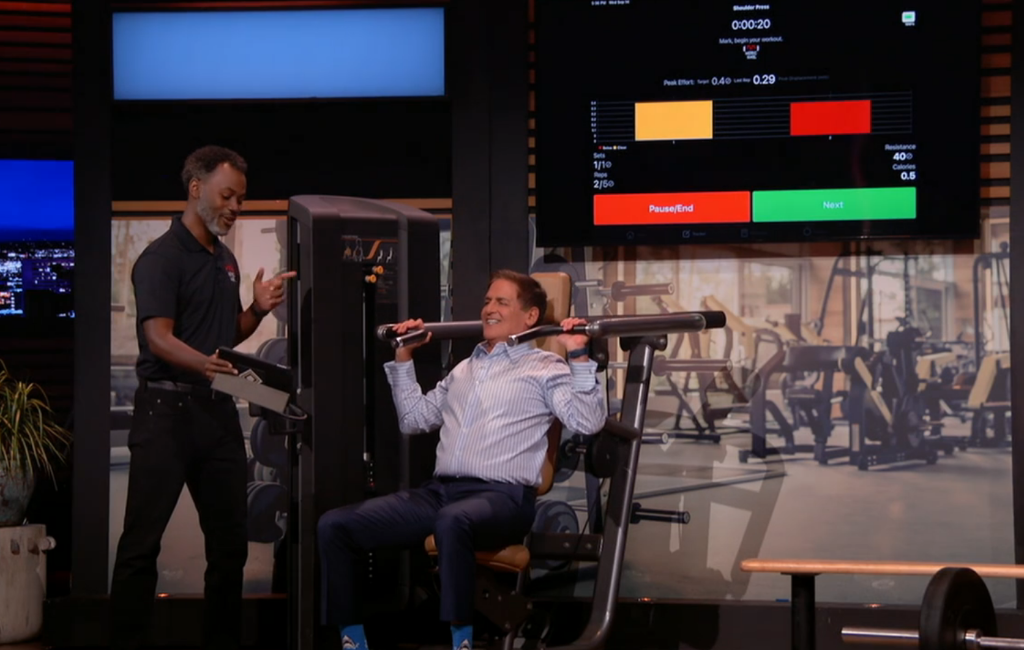
The founders tried to counter with $200,000 for 20%, hoping to work with O’Leary’s company PRx for distribution. However, O’Leary refused to change his terms. After further discussions and considerations, the founders declined O’Leary’s offer, sticking to their valuation and vision for their product. Ultimately, no deal was made on the show, and the founders left the tank without an investment. They believed they could find other investors to help them achieve their goals and remain true to their values.






